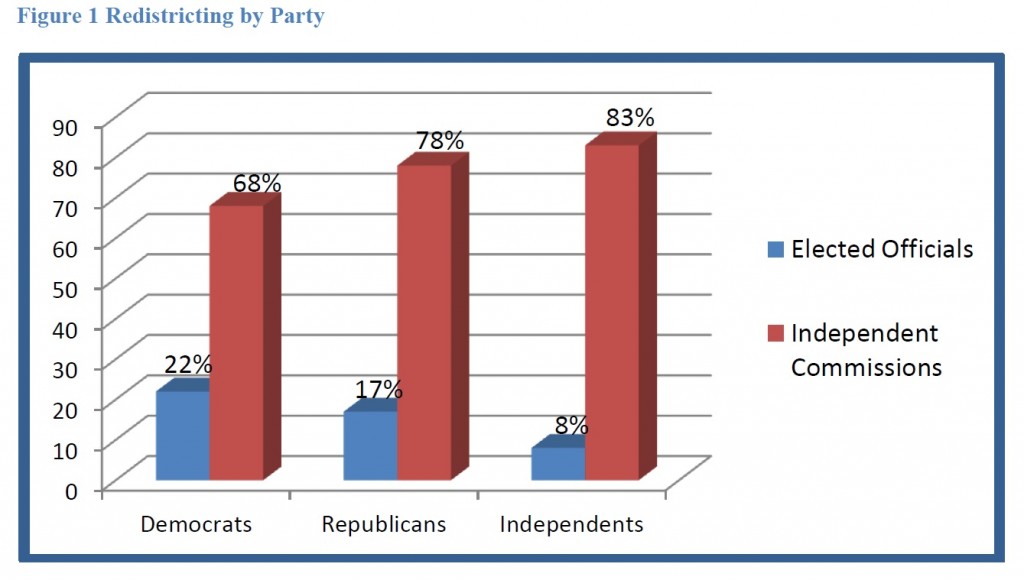Voters support independent redistricting commission, poll finds
 More than two-thirds of Maryland voters support redrawing legislative district lines using an independent commission, rather than by elected officials, according to a new poll.
More than two-thirds of Maryland voters support redrawing legislative district lines using an independent commission, rather than by elected officials, according to a new poll.
The Greater Baltimore Committee paid for the redistricting question to be added to the Gonzales Research poll released Thursday. The question followed up on a July commentary by GBC President Don Fry criticizing the lack of competition in legislative races.
During the first two weeks of October, the Gonzales poll telephoned 819 registered voters and asked this question:
“The U.S. Constitution requires states to create legislative voting districts and to adjust these districts every 10 years to reflect census results. In Maryland, voting districts are drawn up by the state’s elected officials. In some other states, voting districts are drawn up by independent commissions.”
“In your opinion, which is the better approach?”
Statewide, 73% of voters favored independent commissions, but there was some variation by party. Among Democrats, whose party controls the current process, 68% supported the commission. Of Republicans, 78% did, as did 83% of independents. (See chart above.)
Maryland constitutional amendments have been proposed to change the current process, but none have made it out of committee.
In his commentary, Fry, a former Democratic senator himself, said that as a business advocate the issue isn’t about politics for him.
“I’m not suggesting Maryland’s current legislative representatives and leaders would not be elected to serve in Annapolis or Washington if they were to run for office in less artificially convoluted and more competitive legislative districts,” Fry said. “I’m simply suggesting that, in the name of creating a better political balance of ideas that will lead to better policy solutions, it might be worth a try.”
SPENDING AFFORDABILITY: Eileen Norcross of George Mason University’s Mercatus Center responded to Thursday’s blog by Maryland Reporter about the recurrence of Maryland structural deficits with a blog of her own for the Maryland Public Policy Institute, a free-market oriented think tank.
“Maryland’s budget troubles are not so much due to one poorly managed agency – it’s the persistence of structural deficits,” Norcross stated. “The way Maryland claims to limit spending doesn’t work very well – if the aim is budgetary restraint.”
“The institution meant to control spending, the [Spending Affordability Committee], has typically recommended spending increases over a period of decades based on a subjective set of criteria that are difficult to verify. The SAC only considers a portion of the budget – leaving over one-third of spending outside of the limit. And in recommending a spending limit, the SAC considers the state’s ‘spending needs,’ indicating the SAC is at once considering policy preferences and ‘affordability.’”
“If Maryland is interested in reining in spending, that the state [should] adopt a clear, easy-to-verify- mathematical rule that ties spending growth to population and inflation growth.”
The Department of Legislative Services disputed Norcross’s findings last year, and she includes a link to the DLS response in her blog.
–Len Lazarick

MarylandReporter.com is a daily news website produced by journalists committed to making state government as open, transparent, accountable and responsive as possible – in deed, not just in promise. We believe the people who pay for this government are entitled to have their money spent in an efficient and effective way, and that they are entitled to keep as much of their hard-earned dollars as they possibly can.

